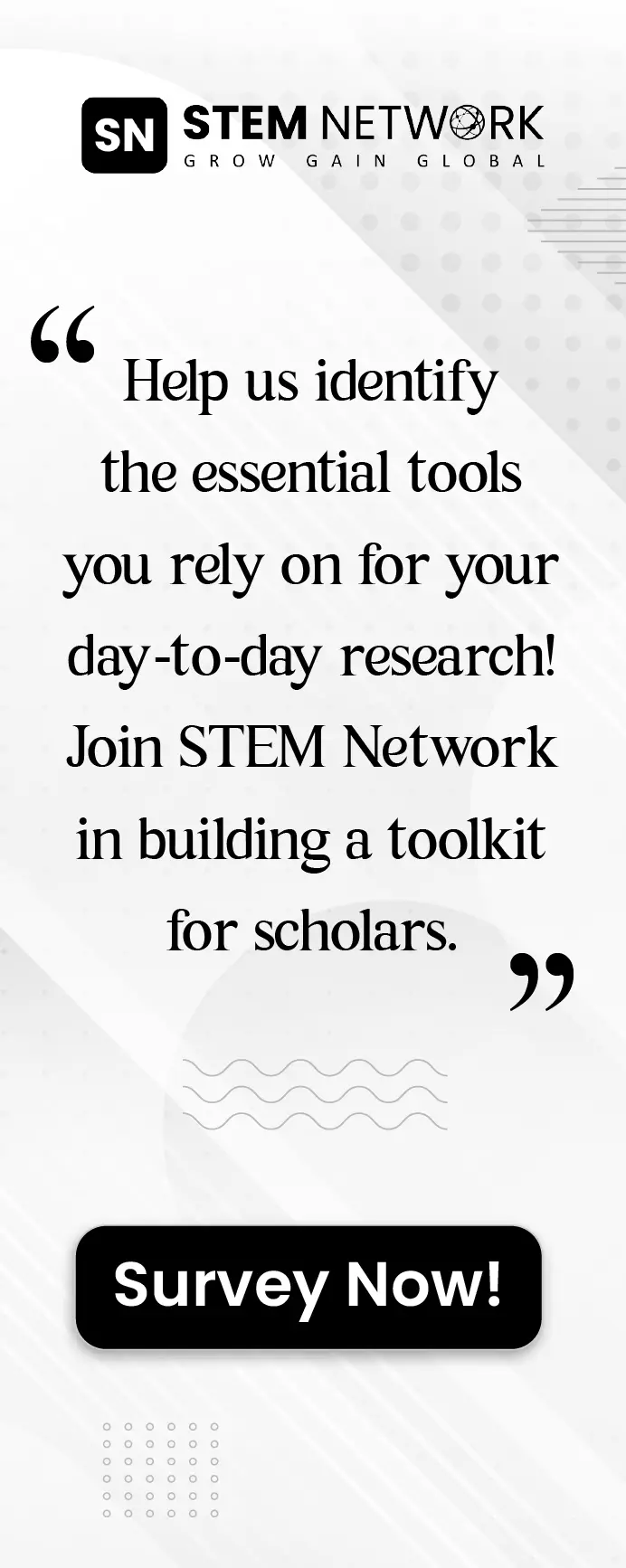

Data Ethics Canvas
The Data Ethics Canvas, developed by the Open Data Institute (ODI), is a powerful tool designed to help organizations identify, assess, and address ethical issues related to data collection, usage, and sharing. As the role of data in decision-making grows increasingly significant, ensuring that data practices are ethical has become a vital concern. The Data Ethics Canvas provides a structured approach to navigating these complexities, fostering responsible data management that respects individual rights and societal values.
Data Ethics Canvas
The Data Ethics Canvas, developed by the Open Data Institute (ODI), is a powerful tool designed to help organizations identify, assess, and address ethical issues related to data collection, usage, and sharing. As the role of data in decision-making grows increasingly significant, ensuring that data practices are ethical has become a vital concern. The Data Ethics Canvas provides a structured approach to navigating these complexities, fostering responsible data management that respects individual rights and societal values.
History and Evolution of the Data Ethics Canvas
The Open Data Institute, co-founded in 2012 by Sir Tim Berners-Lee and Sir Nigel Shadbolt, developed the Data Ethics Canvas as part of its mission to maximize the value of data while maintaining trust. Recognizing the growing public concern over data privacy, misuse, and the broader ethical implications of data-driven technologies, the ODI sought to create a framework that would guide organizations through the complex landscape of data ethics.
The Data Ethics Canvas was introduced in 2017 and has since been widely adopted by various sectors, including government, healthcare, finance, and technology. Its flexible and accessible design allows organizations of all sizes and types to explore the ethical dimensions of their data practices, ensuring that they align with societal expectations and legal standards.
Key Components of the Data Ethics Canvas
The Data Ethics Canvas is structured around a set of key questions that prompt organizations to consider various ethical aspects of their data projects. These questions are grouped into different sections, each addressing a critical element of data ethics. The Canvas encourages a collaborative approach, where teams can work together to explore these questions and develop strategies for addressing ethical challenges.
 Purpose and Context: The Canvas begins by asking organizations to clearly define the purpose of their data project and consider the broader context in which it operates. This includes understanding the societal impact of the project, identifying stakeholders, and considering how the data will be used. By defining the purpose upfront, organizations can ensure that their data practices align with their ethical values and strategic objectives.
Purpose and Context: The Canvas begins by asking organizations to clearly define the purpose of their data project and consider the broader context in which it operates. This includes understanding the societal impact of the project, identifying stakeholders, and considering how the data will be used. By defining the purpose upfront, organizations can ensure that their data practices align with their ethical values and strategic objectives. Data Collection and Use: This section focuses on the ethical implications of data collection and use. Organizations are prompted to consider what data is being collected, why it is needed, and how it will be used. Questions about consent, data accuracy, and the potential for misuse are explored to ensure that data collection practices are transparent, fair, and respectful of individual rights.
Data Collection and Use: This section focuses on the ethical implications of data collection and use. Organizations are prompted to consider what data is being collected, why it is needed, and how it will be used. Questions about consent, data accuracy, and the potential for misuse are explored to ensure that data collection practices are transparent, fair, and respectful of individual rights. Impact and Potential Harm: The Canvas encourages organizations to assess the potential impact of their data project on individuals and society. This includes considering both the positive and negative outcomes, as well as identifying any groups that might be disproportionately affected. By evaluating potential harms, organizations can take steps to mitigate risks and ensure that their data practices do not cause unintended consequences.
Impact and Potential Harm: The Canvas encourages organizations to assess the potential impact of their data project on individuals and society. This includes considering both the positive and negative outcomes, as well as identifying any groups that might be disproportionately affected. By evaluating potential harms, organizations can take steps to mitigate risks and ensure that their data practices do not cause unintended consequences. Bias and Fairness: Addressing bias is a critical component of the Data Ethics Canvas. Organizations are asked to reflect on how their data might be biased and how this could affect the outcomes of their project. This section emphasizes the importance of diversity and inclusion in data practices, encouraging organizations to take proactive measures to identify and correct biases in their data and algorithms.
Bias and Fairness: Addressing bias is a critical component of the Data Ethics Canvas. Organizations are asked to reflect on how their data might be biased and how this could affect the outcomes of their project. This section emphasizes the importance of diversity and inclusion in data practices, encouraging organizations to take proactive measures to identify and correct biases in their data and algorithms. Transparency and Accountability: The Canvas highlights the importance of being transparent about data practices and holding organizations accountable for their actions. This includes clear communication with stakeholders about how data is collected, used, and shared, as well as implementing mechanisms for accountability. By fostering transparency, organizations can build trust and demonstrate their commitment to ethical data use.
Transparency and Accountability: The Canvas highlights the importance of being transparent about data practices and holding organizations accountable for their actions. This includes clear communication with stakeholders about how data is collected, used, and shared, as well as implementing mechanisms for accountability. By fostering transparency, organizations can build trust and demonstrate their commitment to ethical data use. Privacy and Security: Protecting the privacy and security of data is a core ethical concern addressed by the Canvas. Organizations are prompted to consider how they will protect the personal information of individuals, including implementing appropriate data security measures and ensuring compliance with data protection regulations. This section emphasizes the need for robust data governance frameworks to safeguard sensitive information.
Privacy and Security: Protecting the privacy and security of data is a core ethical concern addressed by the Canvas. Organizations are prompted to consider how they will protect the personal information of individuals, including implementing appropriate data security measures and ensuring compliance with data protection regulations. This section emphasizes the need for robust data governance frameworks to safeguard sensitive information. Stakeholder Engagement: Engaging with stakeholders is a crucial aspect of ethical data practices. The Canvas encourages organizations to identify and involve stakeholders throughout the data project, ensuring that their perspectives and concerns are considered. This collaborative approach helps to ensure that data practices are aligned with the values and needs of those affected by the project.
Stakeholder Engagement: Engaging with stakeholders is a crucial aspect of ethical data practices. The Canvas encourages organizations to identify and involve stakeholders throughout the data project, ensuring that their perspectives and concerns are considered. This collaborative approach helps to ensure that data practices are aligned with the values and needs of those affected by the project.
Mission and Core Principles of the Data Ethics Canvas
The Data Ethics Canvas is designed to help organizations put ethical considerations at the heart of their data projects. Its primary mission is to promote responsible data use by encouraging reflection on key ethical issues throughout the data lifecycle, from collection to disposal. The Canvas emphasizes a proactive approach, where ethical considerations are integrated into the planning and implementation stages of data projects, rather than being addressed reactively.
The core principles of the Data Ethics Canvas include transparency, accountability, fairness, privacy, and the minimization of harm. These principles guide organizations in making decisions that respect the rights of individuals and promote the ethical use of data. By embedding these values into data practices, the Canvas helps organizations build trust with their stakeholders and mitigate risks associated with unethical data use.
Implementing the Data Ethics Canvas
The Data Ethics Canvas is designed to be a practical, user-friendly tool that can be easily integrated into an organization's existing processes. It can be used at any stage of a data project, although it is most effective when employed at the planning stage. The Canvas can be completed in workshops, team meetings, or as part of regular project reviews, providing a flexible framework for exploring ethical considerations.
The Canvas is particularly valuable for organizations looking to develop a data ethics strategy or refine their existing practices. By systematically addressing each section of the Canvas, organizations can identify areas of improvement, develop action plans, and implement changes that enhance the ethical integrity of their data projects.
Impact of the Data Ethics Canvas on the Data Community
The Data Ethics Canvas has made a significant impact on the data community by providing a structured approach to ethical decision-making. It has been adopted by a wide range of organizations, including government bodies, non-profits, and private companies, all seeking to enhance their ethical standards in data use. The Canvas's emphasis on transparency, accountability, and stakeholder engagement resonates with the growing demand for ethical data practices in today's data-driven world.
By encouraging organizations to think critically about the ethical implications of their data practices, the Canvas helps to foster a culture of responsible data use. It serves as a reminder that data is not just a resource to be exploited but also a tool that must be managed with care and consideration for its broader impact on society.
Conclusion
The Data Ethics Canvas is an invaluable tool for any organization that seeks to navigate the complexities of data ethics. By providing a structured framework for identifying and addressing ethical issues, the Canvas empowers organizations to make data-driven decisions that are not only effective but also responsible and respectful of individual rights. As the importance of ethical data use continues to grow, the Data Ethics Canvas will remain a key resource for organizations committed to upholding the highest standards of integrity in their data practices.
Resource Library
Partnered Content Networks
© 2024 STEM Network. All rights reserved.





























